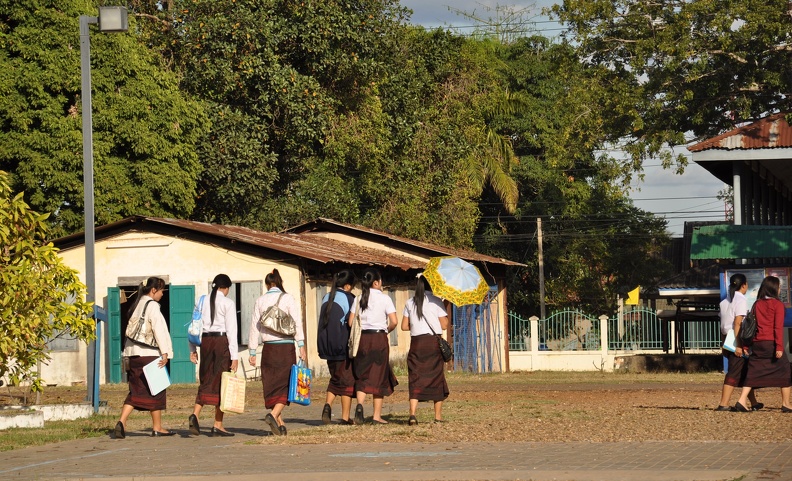The new dynamics of deforestation in Brazil
Associate Professor Markus Kröger’s presentation is about the current dynamics of deforestation, forest degradation, and sustainability of forest and forestry policies in different parts of Brazil. The focus is at presenting the findings from fresh field research in 2017-2018 on the different causes of rising deforestation in different regions. The example of the iconic Chico Mendes Extractive Reserve in Acre illustrates the power of cattle-ranching as the key driver of deforestation, even inside conservation areas. The politics of the rapidly expanding “sustainable logging cooperatives” – which have serious impacts on forest degradation, and do not typically deliver their promises – in the multiple-use conservation areas of the Santarém region in Pará are discussed to illustrate how the powerful illegal loggers still operate and take over many developmental schemes. Finally, the role of Finnish and Brazilian forestry industry in continuing deforestation and expansion of eucalyptus plantations through practices that include illegal land grabbing and violence in Bahia are discussed based on field research in the area since 2004. The politics that aim to create sustainable forest policies, and offer alternatives, are also discussed.
Markus Kröger is an Associate Professor and Docent in Development Studies at the University of Helsinki, the focus area of the tenure track position being the study of the political economy of development and natural resource extraction. Most of his research has focused on investment politics around large-scale projects in the forestry and metal industries, including the study of state-corporate-civil society relations, particularly in South America and India. He is the author of Contentious Agency and Natural Resource Politics (2013), and has published several papers on the sustainability of forest and forestry policies in different countries.
Welcome on Friday 20 April at 11:30-12:30 at HELSUS Hub at Porthania (2nd floor), Yliopistonkatu 3.
